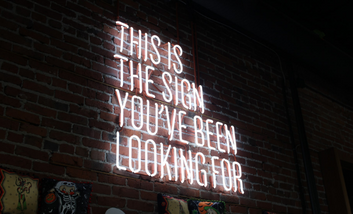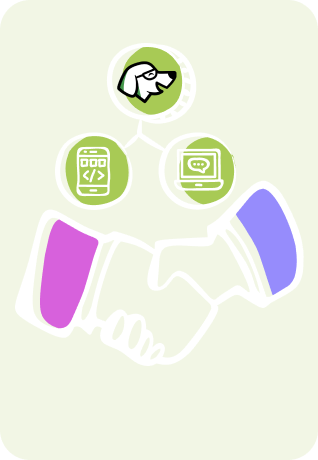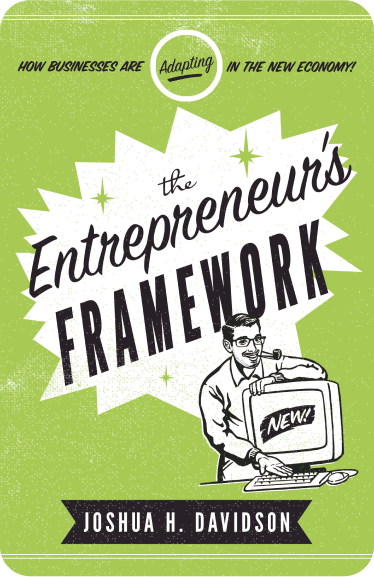As the old saying goes ‘you never know who you’re really talking to online.’ After a recent alleged murder committed by a man with a history of domestic violence in Australia, the government has begun to work toward protecting victims from violence. One way they want to approach this is by forcing companies to operate safer dating apps.
What exactly will this look like? And why exactly is this such a difficult issue to address? Will these changes have widespread effects on these apps the world over?
Let’s take a look.
The National Roundtable
The Australian federal communications and social services ministers hosted a roundtable as part of a broader push to eliminate violence against women and children. They claim their goal is to do so ‘within a generation.;
A part of this is trying to force dating apps to operate in a safer manner. The Australian government claims that online platforms made commitments to enacting serious improvements. Representative from major apps like Bumble and Tinder were in attendance. They pledged to make improvements which include:
– Improving overall safety
– Sharing more information with each other about bad actors
– Improving their complaints-handling processes
E-safety commissioner Julie Inman Grant said that the government will move to impose a mandatory code of conduct on the sector if they do not see through their commitments to improvement.
The dating app industry is notoriously lax when it comes to the mistreatment of its own users. For example, the app Bumble was founded to be the answer to the previously unchecked widespread sexual harrassment on dating apps like Tinder and OkCupid.
However, managing safety on these apps is more complicated than many people think.
The Mandatory ID Verification Dilemma
The idea that safety would improve if all users were forced to upload their government ID comes up every time dating app security is discussed. After all, this would solve some common issues, like:
- Catfish accounts
- People using alter egos to cheat on current partners
- People creating fake profiles specifically for human trafficking and harassment
- Romance scammers
Romance scams are actually a massive global issue on dating apps. In fact, according to the FBI, reports of these online scams have increased by nearly 25% since 2019. Those affected lost a record high of $547 million in 2021 alone.
However, there are some definite pitfalls to official identity verification. For example, many of these apps lack adequate security protocols. Handing over your passport or ID information to them might not be the safest idea for users.
Also, having to verify your official identity may empower abusers more than it saves victims. For example, someone who is trying to avoid an abusive ex-partner may not want to do so.
There are also many reasons why people do not use their official names. Sometimes it could be as simple as people going by a nickname in their daily life. In some cases, queer and trans people use other names to reflect their identities more profoundly.
Are Mandatory Background Checks the Answer to Safer Dating Apps?
Over the years, it has been suggested that having app users take mandatory background checks would help to make these apps safer. While harassment is common on these apps, unfortunately sometimes things can be even more extreme.
The Australian roundtable occurred less than a month after the alleged horrifying kidnapping of a female dating app user in Texas:
A Texas woman was allegedly kidnapped by a man she met on a dating app after repeatedly refusing his sexual advances. The suspect, Zachary Mills, was taken into custody and is accused of assaulting the 21-year-old woman and denying her food and water for a week, Harris County Police reported.
Over the years, dating apps have also been tied to sex trafficking and prostitution. In light of all of these risks, it seems that having users make their criminal histories more apparent could be beneficial.
Again, as apps lack data security, it may not be a good idea to make incredibly personal information public through them.
Also, the fact of the matter is that only about half of domestic abuse cases in the US are reported in the first place. According to other sources, the number of unreported cases in parts of Canada may be as high as 70%.
Globally this is a huge issue. Even in wealthy and ‘progressive’ countries, intimate partner violence is largely unchecked and unreported. Why is this?

In such cases, many abusers prevent their victims from getting help, possibly for years. Also, support for victims in the legal system is so lacking that many victims see no benefit in risking their safety further by reporting their abuse. There is little support for female victims, and even less for male victims.
As such, even with background checks, many abusers would slip through the cracks. Some experts say that this might be more dangerous, as it could instill false confidence in users and make them feel safer than they actually are on the apps.
What Have Companies Already Done to Improve Safety?
Over the years, as platforms became more aware of these widespread issues, they have taken some actions.
For example, Tinder has improved its safety protocols. They have also included features like photo verification, anti-harassment prompts, and a Trust and Safety team. This team is meant to mediate any reports of concerning behavior on the app.
The company also created the Match Group Advisory Council in 2018. This council is meant to advise Tinder on the prevention of sexual assault, sex trafficking, and harassment.
A Bumble Spokesperson told Gizmodo that Bumble has implemented security measures in recent years. These include a block and report tool that allows users to report any suspicious behavior and photo verification.
Bumble also launched a Private Detector. This tool uses AI to detect and blur potentially crude images. The company released Private Detector on GitHub, allowing other apps to use the tool.
According to a Bumble Spokesperson at the Australian roundtable:
“We know that domestic and sexual violence is not only an enormous problem in Australia, but across the world and that women, members of LGBQTIA+ communities, and First Nations are the most at risk.”
As you can see, it is a complicated issue to solve. Almost every platform of any type where people can congregate or communicate suffers from the issue of malevolent actors.
This is true on almost every dating app, social media platform, and even via email and cash apps.
Other Issues to Address
E-safety commissioner Julie Inman Grant also suggested that one large potential area of improvement for dating apps could be the companies communicating with each other.
After all, if someone gets banned from Hinge or Grindr for harassment, for example, what is to stop them from signing up for the many other apps out there and doing the exact same thing?
Right now, there is nothing stopping them at all. This is especially concerning, as it is common for malevolent actors to utilize multiple apps. According to Inman Grant:
“We know that really determined perpetrators won’t just use one dating service or platform to target victims, they will use multiple, and as a result the dating apps need to do a much better job at picking up signals to prevent recidivism of bad actors.”
However, what would this actually look like in practice? How would apps track and share information about those they have banned? And is this ethical?
Final Thoughts on the Complicated Future of Making Safer Dating Apps
Some think that education is key to creating a safer space on dating apps. Current models and cultural norms put the responsibility on victims to report abuse only after it has happened, or to try and recognize red flags and avoid harassment and abuse in the first place.
We now have empirical data that this does not work.
A recent Australian Institute of Criminology report found three quarters of online daters had been subject to some kind of online sexual violence in the past five years, and a third had experienced abuse in person.
Things are not much better in the US. A Pew Research Center study found that 60% of women under 35 experienced at least mild harassment on dating apps. About a fifth of women under 35 have experienced threats of physical violence.

According to sexual consent activist Chanel Contos, many dating app users may not be aware that what they are doing constitutes harassment. Some say that apps could do more to let users know when they are behaving unethically, as well as take steps to warn users who are in danger.
They say that dating apps have a far larger responsibility to protect users. Simply telling victims to report and block people after the fact is not enough.
Ultimately, what changes major dating apps will make remains to be seen. If they don’t change, will the Australian government force their hand?
Is it possible to create a digital platform that is entirely free of violence and harassment against women?
Even our most cutting-edge technology, the Metaverse, has already been used to assault women. If you want to learn more about the ins and outs of the controversial Metaverse, take a look at our blog post on the topic.
What do you think? Can dating apps do more? Do you think harrassment-free dating apps are even possible? Comment below.
Since 2009, we have helped create 350+ next-generation apps for startups, Fortune 500s, growing businesses, and non-profits from around the globe. Think Partner, Not Agency.
Find us on social at #MakeItApp’n®

















